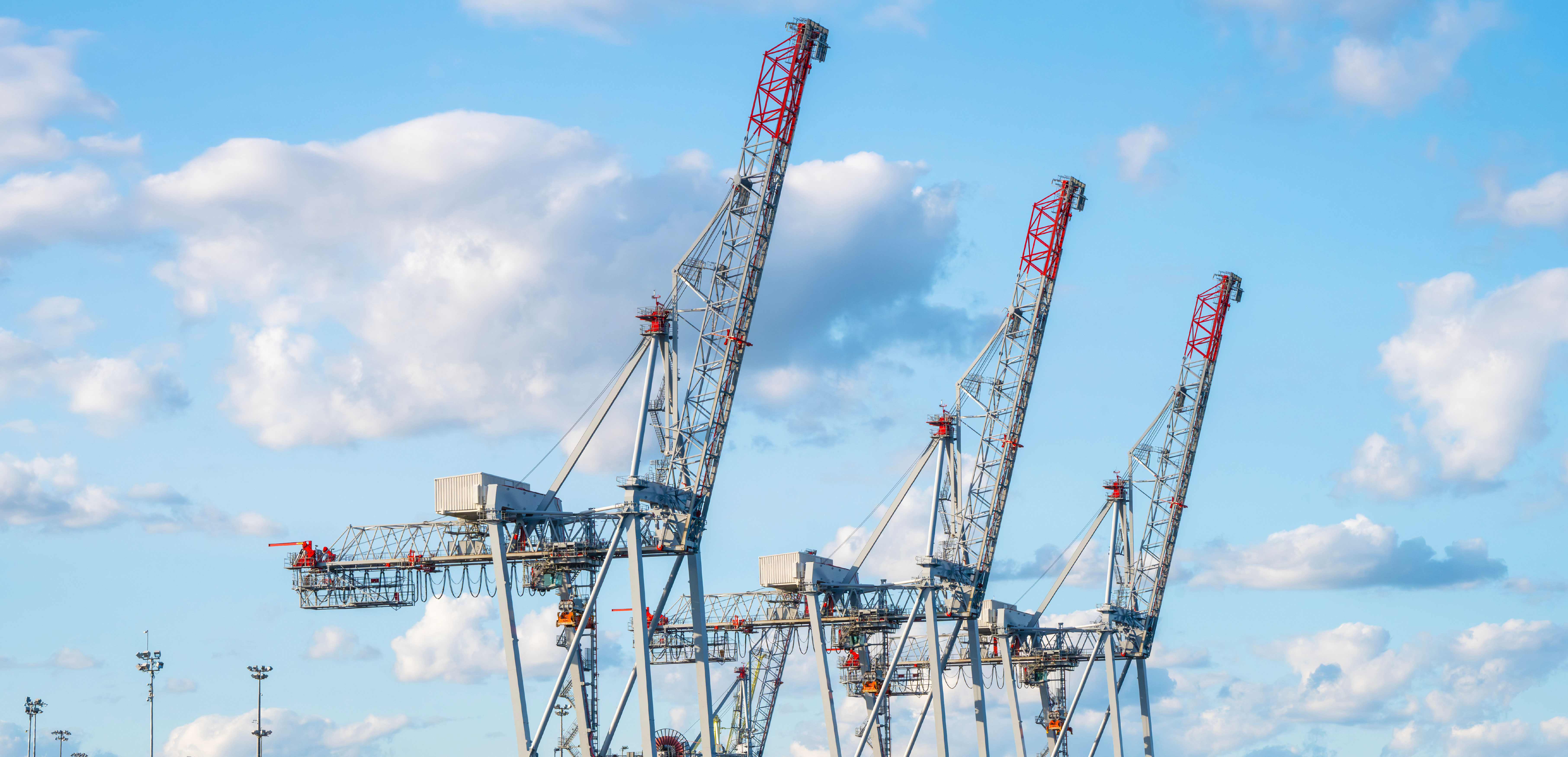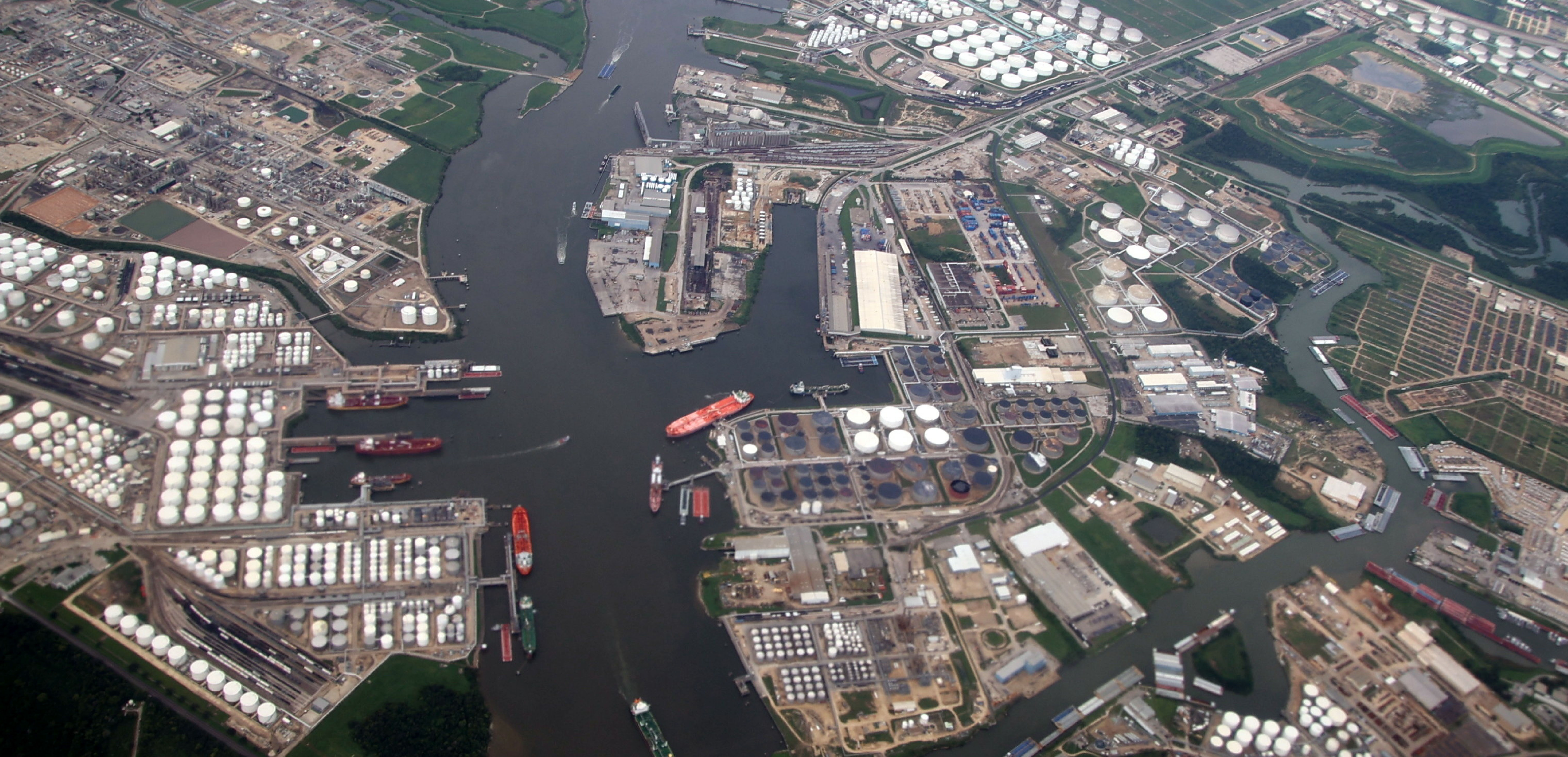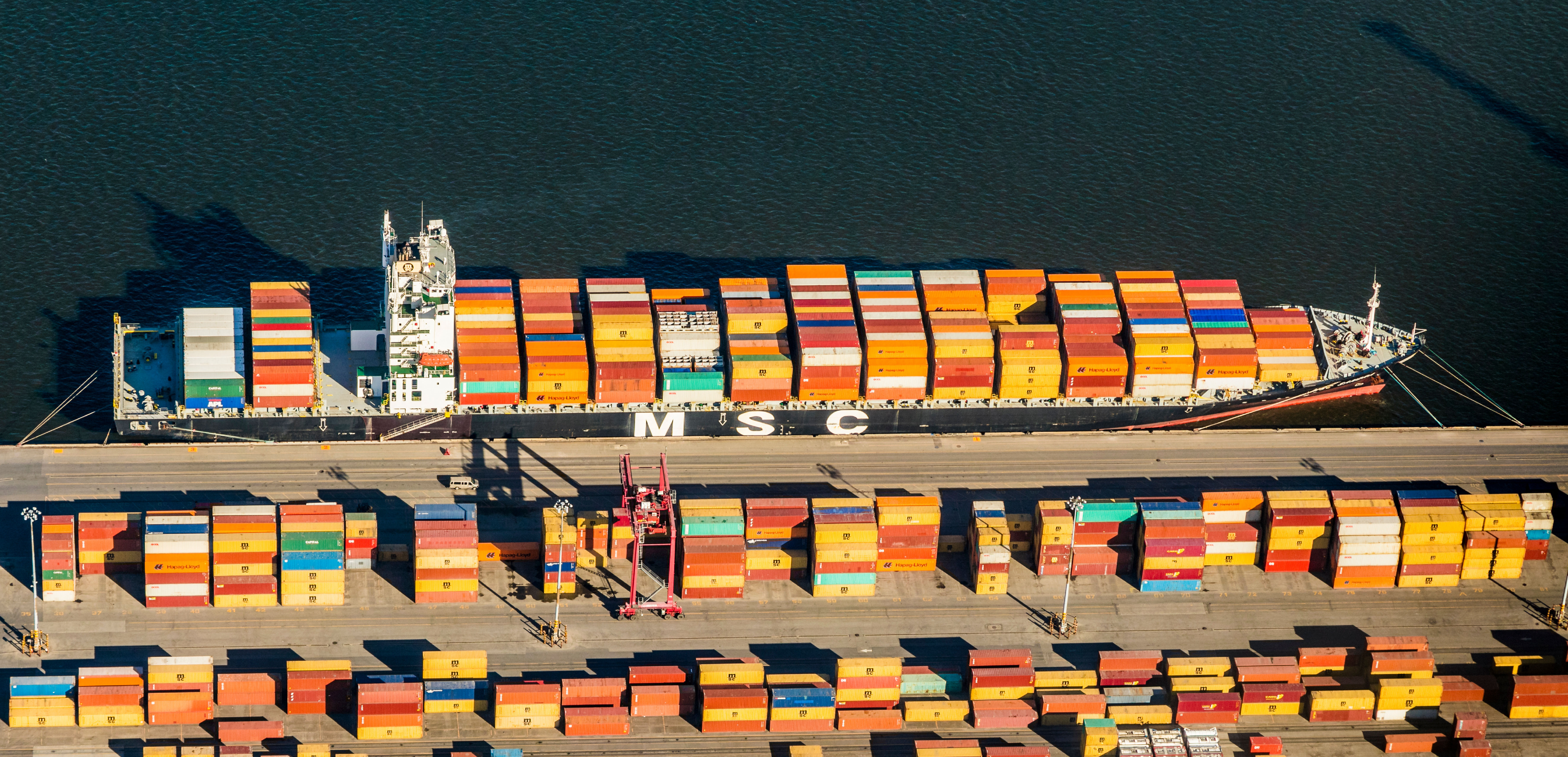In the News
The U.S. could carve out separate deals with Canada and Mexico. U.S. Trade Representative Jamieson Greer said that the Trump administration is keeping all options on the table for the future of the Canada-U.S.-Mexico Agreement (CUSMA), which comes up for renewal in 2026. “Our economic relationship with Canada is very, very different than our economic relationship with Mexico,” Greer said at an event in Washington. Meanwhile, Kirsten Hillman, Canada’s ambassador to the U.S., is stepping down as the country’s top diplomat in Washington in the New Year.
INSIGHTS AND ANALYSIS

Trade Zone: Smashing down the trade barriers within
January 30, 2026

Davos ’26: Making sense of a new world order
January 25, 2026

Trade Zone: Who will dominate in this new age?
January 23, 2026

Heavy oil market heats up
January 19, 2026
COMMENTARY

The three forces redefining how the world works
October 30, 2025
READ THIS NEXT
-
Critical Capital: How Canada can tap foreign investment for its mineral riches
-
Growing Concern: How to advance nature conservation’s role as a strategic asset
-
Central to Growth: How Indigenous equity can be a source of strength for Canada
-
Five key takeaways from the Columbia Global Energy Summit 2025
-
The big chill: How canola farmers are adapting to trade blows
-
The Road Ahead: 4 key questions facing tariff-hit automakers
-
3 QUESTIONS – It’s a trade war without borders: Frances Donald
-
The New Great Game: How the race for critical minerals is shaping tech supremacy
-
Metal Wars: Five things to watch for as U.S. steel and aluminum tariffs roll out
-
Unprecedented, unpredictable and contradictory: What to expect from Trump’s trade war
-
Ottawa’s letter to Washington: Let’s tackle trade, tariffs and China—together
-
Food first: How agriculture can lead a new era for Canadian exports
-
Global trade is being unsettled. Here’s how Canada can thrive in the new economic order
-
Resourceful: How Canada can strike a new commodity deal with the U.S. and others
-
Heavy Lifting: How Canadian manufacturers can decarbonize despite trade turmoil
-
Yellow flags’: The cracks forming in the U.S. economy that we’re watching
-
U.S. tariffs on Canada take effect: What is the state of play?
-
How U.S. steel and aluminum tariffs would impact Canada’s economy
-
Six questions about the significance of interprovincial trade barriers in Canada
-
50 ways to leave your lover: Sizing the impact of a trade breakup
-
A U.S.-Canada trade shock now in play: first economic takeaways
BUSINESS RESOURCES

RBC Global Connect
Expanding into global markets comes with challenges, and having the right resources can make all the difference. RBC Global Connect™ is a free online platform designed to support businesses in researching, planning, and navigating international growth. Whether you’re exploring new opportunities or expanding existing operations, our goal is to provide the insights and tools you need to move forward with confidence.
FEATURED PROJECTS

The Growth Project
This project explores key drivers of economic growth including productivity, evolving technologies like AI, key sectors including agriculture and trade, and the intersection of skills and immigration. We will explore a new generation of ideas to drive prosperity: case studies and actionable steps needed to navigate the dynamic landscape of economic expansion, and uncover tools that foster growth in our community, business, and country.
This article is intended as general information only and is not to be relied upon as constituting legal, financial or other professional advice. The reader is solely liable for any use of the information contained in this document and Royal Bank of Canada (“RBC”) nor any of its affiliates nor any of their respective directors, officers, employees or agents shall be held responsible for any direct or indirect damages arising from the use of this document by the reader. A professional advisor should be consulted regarding your specific situation. Information presented is believed to be factual and up-to-date but we do not guarantee its accuracy and it should not be regarded as a complete analysis of the subjects discussed. All expressions of opinion reflect the judgment of the authors as of the date of publication and are subject to change. No endorsement of any third parties or their advice, opinions, information, products or services is expressly given or implied by Royal Bank of Canada or any of its affiliates.
This document may contain forward-looking statements within the meaning of certain securities laws, which are subject to RBC’s caution regarding forward-looking statements. ESG (including climate) metrics, data and other information contained on this website are or may be based on assumptions, estimates and judgements. For cautionary statements relating to the information on this website, refer to the “Caution regarding forward-looking statements” and the “Important notice regarding this document” sections in our latest climate report or sustainability report, available at: https://www.rbc.com/our-impact/sustainability-reporting/index.html. Except as required by law, none of RBC nor any of its affiliates undertake to update any information in this document.






